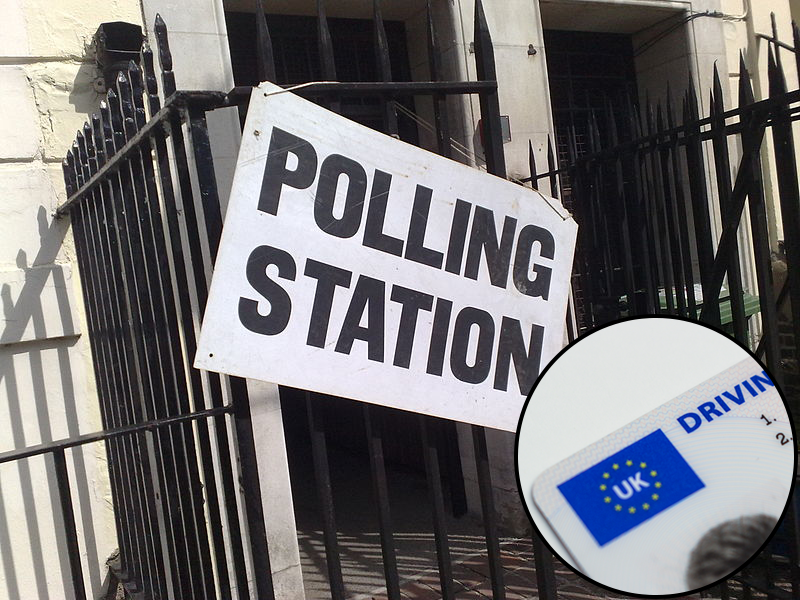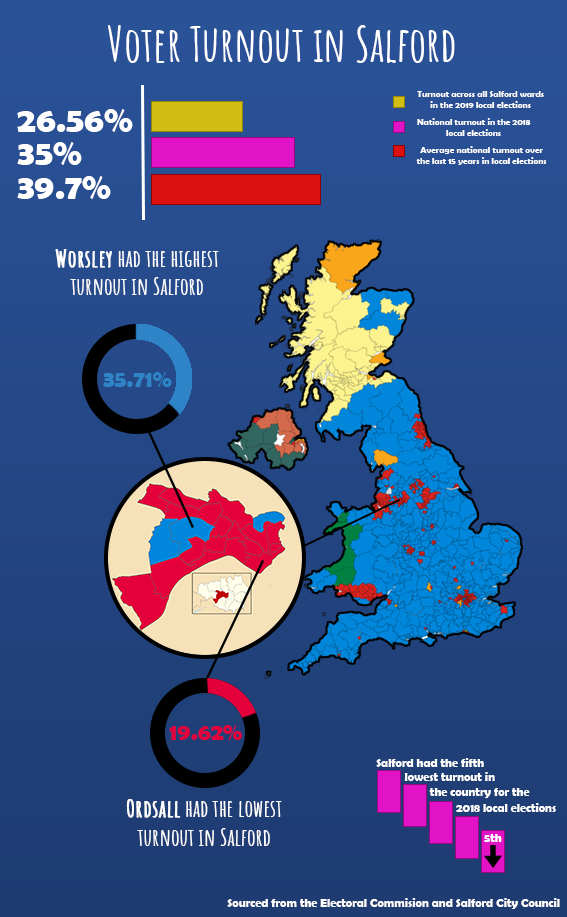
With local elections around the corner at the start of May the public give their views on voter ID and low voter turnout.
Voter ID has been a matter of concern for many since its entrance into law in April 2022, growing in eminence with local elections only two weeks away.
Some have demonstated their distrust of voted ID and its motivations.
One member of the public, David Pryce, said: “You’ve got to get them in and that will put them off I think, they won’t register will they?”
He added: “I think it’s a plus for the Tories, but not for anyone else.”
However, other members of the public were less critical.
Graham Robinson, 41, said: “I think the people who have got an issue are paranoid. At the end of the day we’ve all got birth certificates, driving licenses and passports so it’s only right that the people who can vote, do vote. It’s just an extra thing to check out.”
View this post on Instagram
Paul Fairhurst, 52, echoed this idea and emphasised voter ID’s role in preventing stolen votes.
He said: “The other side of it is then we can prove who’s ID it is”
He added: “They’ve got my fingerprints on record, they’ve got my DNA so I’m not worried about ID.”
Beyond voter ID another issue relating to the upcoming local elections is that of voter turnout.
Salford has one of the lowest voter turnouts in the country averaging only 26.56% across all wards in the last local elections.
The ward with the highest voter turnout was Worsley with 35.71%, although, incredibly this is still lower than the national average in local election turnouts over the last 15 years at 39.7%
Mr Fairhurst said: “I think a lot of people think local elections don’t matter, they’re not really bothered.”
However, this is not a trend exclusive to Salford as voter tournout in the North in general appears to lag behind the that of the South.
In the 2019 general election only three northern constituency featured in the 30 highest constituency turnouts while not a single southern constituency appeared in the lowest 30.

Meanwhile in the 2018 local elections Salford had the fifth lowest turnout across the country with 26.2% where the national average was 35%, joined by eight others in the bottom 10.
Mr Robinsons said: “You can ask any northerner, I think most people have lost trust with anyone in government. Over the years with decisions that have been made, its clear to see all the favouritism is down south and that’s why there’s the great north-south divide and that’s probably why you get a percentage who won’t vote.”
This sentiment of a lack of trust in politicians was highlighted equally by Mr Pryce who mentioned how “Boris said he was going to built 40 new hospitals”, but had failed to do so.
Although, he provided a tonic to this view as he said: “If you don’t vote you can’t argue.”
Some studies have suggested that digital voting or even compulsory voting could encourage more people to participate on the democratic stage although both these suggestions come with their own issues.
Digital voting could inspire younger generations to vote online, however this may prove susceptible to hacking.















Recent Comments